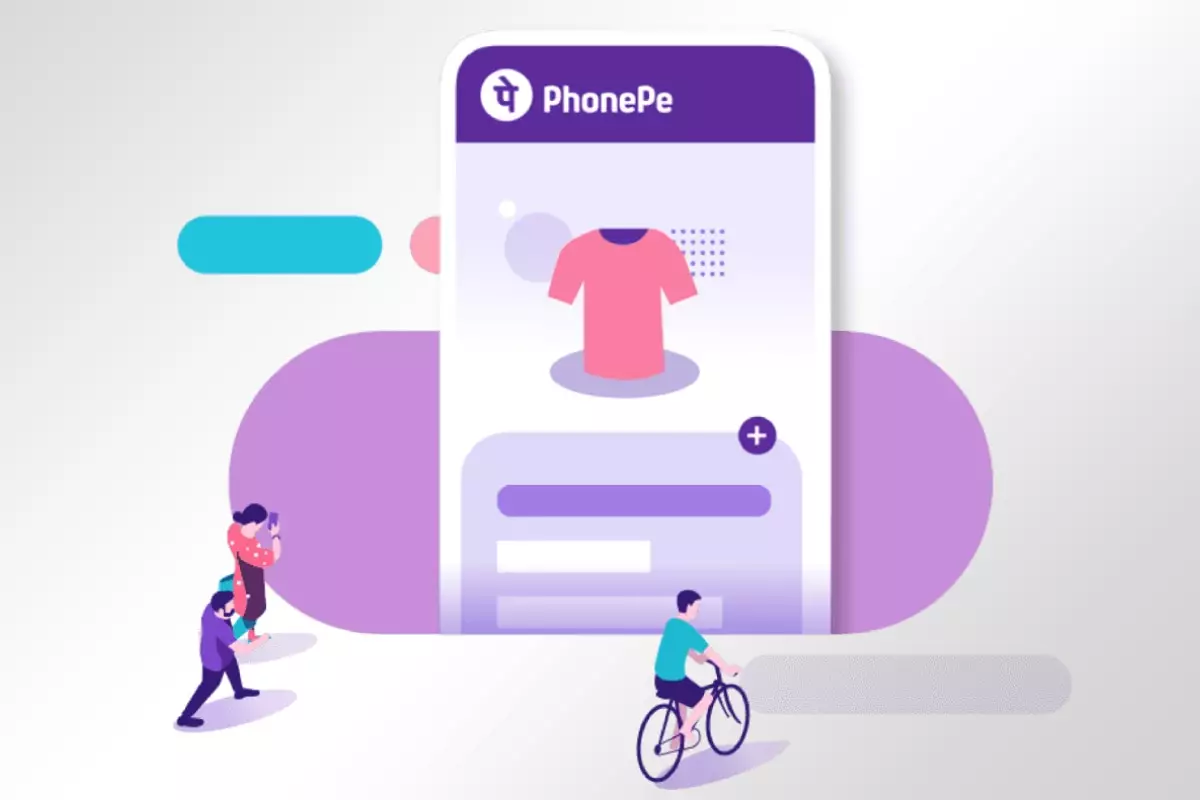In a significant leap towards enhancing digital payments, PhonePe has unveiled its UPI Circle feature, a transformative tool that empowers users with a new level of control over their financial transactions. Launched in India amidst a rapidly evolving fintech landscape, this feature is designed not merely to facilitate transactions but to engender a culture of supervised spending. The initiative reflects the aspirations of a nation striving towards financial inclusivity, enabling users to extend their payment capabilities to others— a gesture that is both practical and insightful for family dynamics in the digital age.
The introduction of UPI Circle by PhonePe couldn’t come at a more opportune time. With the National Payments Corporation of India (NPCI) orchestrating the development, this innovative feature addresses a particular gap in the usage of the Unified Payments Interface (UPI). Detailed configurations allow primary users to authorize secondary users, such as family members or friends, to engage in financial transactions without needing to maintain their own bank accounts. This highlights a significant consumer shift, placing the power of financial management squarely into the hands of the primary users— a commendable step towards financial autonomy.
Delegation and Financial Management
PhonePe’s UPI Circle offers two distinct operational modes: Partial Delegation and Full Delegation. This dual access approach provides primary users with a spectrum of control not previously available in digital payment systems. In Partial Delegation mode, every transaction initiated by a secondary user requires prior approval from the primary user, ensuring that there’s a double-check mechanism on spending. This may cater to users who prefer a more hands-on management approach, reminiscent of traditional budgeting practices.
Conversely, Full Delegation opens the floodgates somewhat, allowing primary users to pre-set monthly spending limits for secondary users while eliminating the need for transaction-by-transaction authorization. This mode is particularly beneficial for those looking to grant their dependents a level of fiscal freedom while remaining mindful of potential overspending. By enabling a maximum limit of Rs. 15,000 per month, with single transactions capped at Rs. 5,000, users can promote responsible financial behavior without feeling overly restrictive. It’s a balance between control and autonomy— a crucial aspect when it comes to empowering younger generations or individuals in need of financial assistance.
A Complicated Thread of Empowerment and Dependency
However, this evolution in digital payment dynamics begs a critical consideration: does this newfound empowerment inadvertently lead to dependency? While PhonePe positions UPI Circle as a means of fostering financial independence among secondary users, the reality could tilt towards a scenario where individuals, especially younger members of a household, might lean too heavily on the permissions granted by their primary counterparts. The intricacies of managing cash flow could become muddled when the delineation of financial autonomy and dependency becomes blurred.
Furthermore, the fact that secondary users can only be linked to one primary user at a time introduces an element of exclusivity that could foster competition and jealousy among family and friends. It prompts the question: are we inherently diminishing personal financial agency in the name of delegation? It’s essential to maintain open channels of communication about finances, lest this unique feature foster resentment or misunderstandings in familial or social networks.
The Competitive Landscape
The race within the fintech domain heats up as competitors scramble to keep pace with PhonePe’s developments. Google Pay’s recent announcement of support for UPI Circle highlights the competitive tension in this space, though implementation remains to be seen. Such developments underline the importance of swift innovation in meeting consumer demands, but they also raise the stakes regarding security and data privacy. Given the increasing digitization of finances, consumers must remain vigilant about who has access to their financial data.
In contrast to more traditional banking methods, UPI Circle evolves the dialogue about digital dependency and the need for cautious navigation in this transition. Initiatives like these can be both empowering and potentially consumerist, urging us to reconsider the frameworks through which we engage with money digitally.
As India accelerates toward a cashless future, the implications of features like UPI Circle extend beyond convenience, inviting a broader dialogue on the relationship between autonomy and dependency in financial transactions. In doing so, PhonePe has not just forged a tool, but a platform for reflection on the evolving identities we construct within the digital economy.


Leave a Reply